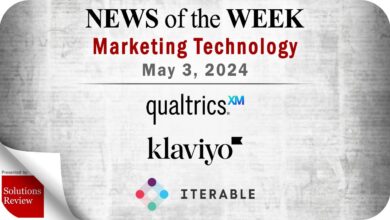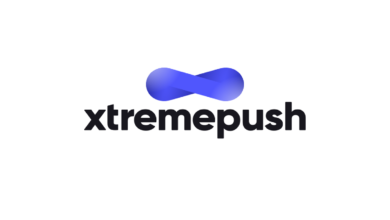Top HubSpot Alternatives Of April 2024 – Forbes Advisor

HubSpot enjoys immense popularity as a leading CRM platform primarily due to its comprehensive offerings, powerful inbound marketing tools and ease of use. Its seamless integration of marketing, sales and customer service functionalities allows businesses to benefit from interconnected solutions. The platform’s adaptability, catering to both small businesses and large enterprises, further cements its prominent position in the CRM landscape.
HubSpot Pros and Cons
Pros:
- Core CRM software is free
- Extensive sales team management features
- Plans include up to 15 million contacts
Cons:
- Teams only on top-tier plans
- Top two tier plans are expensive
- Only one email per contact
HubSpot Cost
HubSpot has a tiered pricing structure to cater to varying business needs. It offers a free version of the CRM that includes tools for marketing, sales, service, CMS and operations. Paid plans start at $18 per month for two users for its Sales Hub and Service Hub or $18 per month for 1,000 contacts in its Marketing Hub. Each “Hub” offered by HubSpot (Sales, Marketing, Service) has a distinct pricing strategy that includes more advanced features and increased user limits as the pricing plan escalates. The pricing also quickly escalates with the increase in features. For example, while the Marketing Hub Starter plan starts at $18 per month, the Professional plan starts at $800 per month.
HubSpot also offers an integrated solution called the CRM Suite that combines all the available “Hub” features. Rather than focusing on a per-user pricing approach, the cost depends on the Hubs you adopt and the scale of operations. The CRM Suite Starter plan is $20 per month (if billed annually), but ramps up to $1,600 per month (if billed annually) for the Professional plan.
When To Choose a Competitor Over HubSpot
There are several situations when it might be appropriate to choose another CRM platform over HubSpot. One common reason is if you find HubSpot’s tiered pricing structure too expensive or if you’re paying for features you don’t use. Also, if you find your team is struggling with the usability of HubSpot or if the platform doesn’t integrate well with your current systems, a simpler or more compatible CRM might suit your needs better. Lastly, if your business needs lean more towards specific features not offered or not comprehensively addressed by HubSpot—such as advanced social media integration or specific sales methodologies—a specialized alternative could bring more value. Prioritizing your company’s specific demands and budget over a one-size-fits-all product may lead to greater growth and success.



